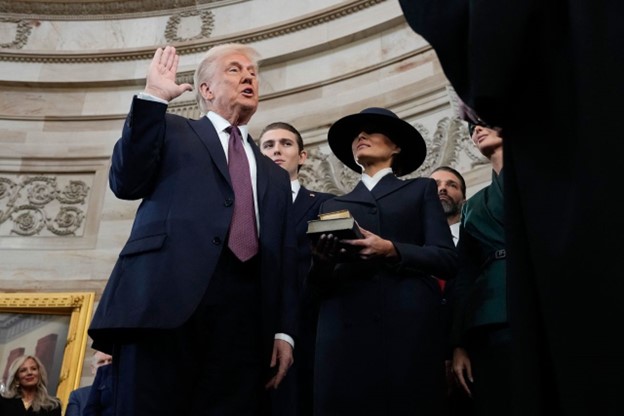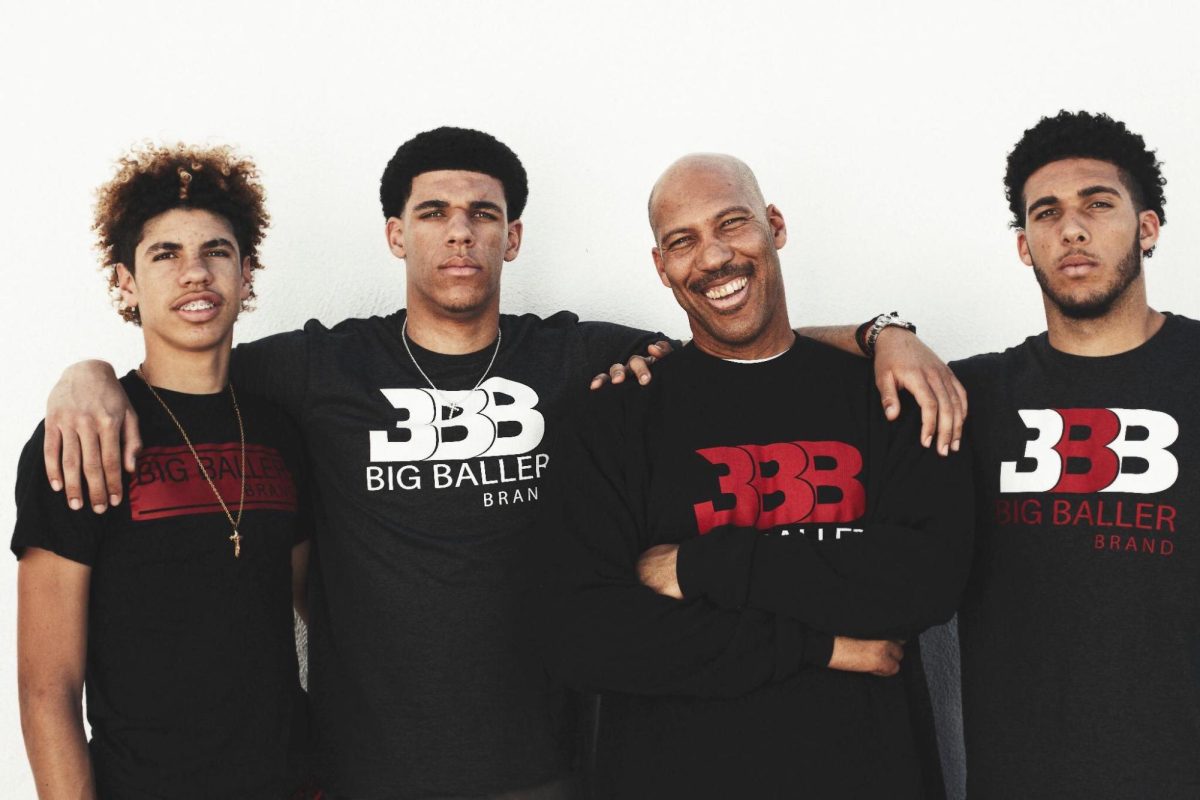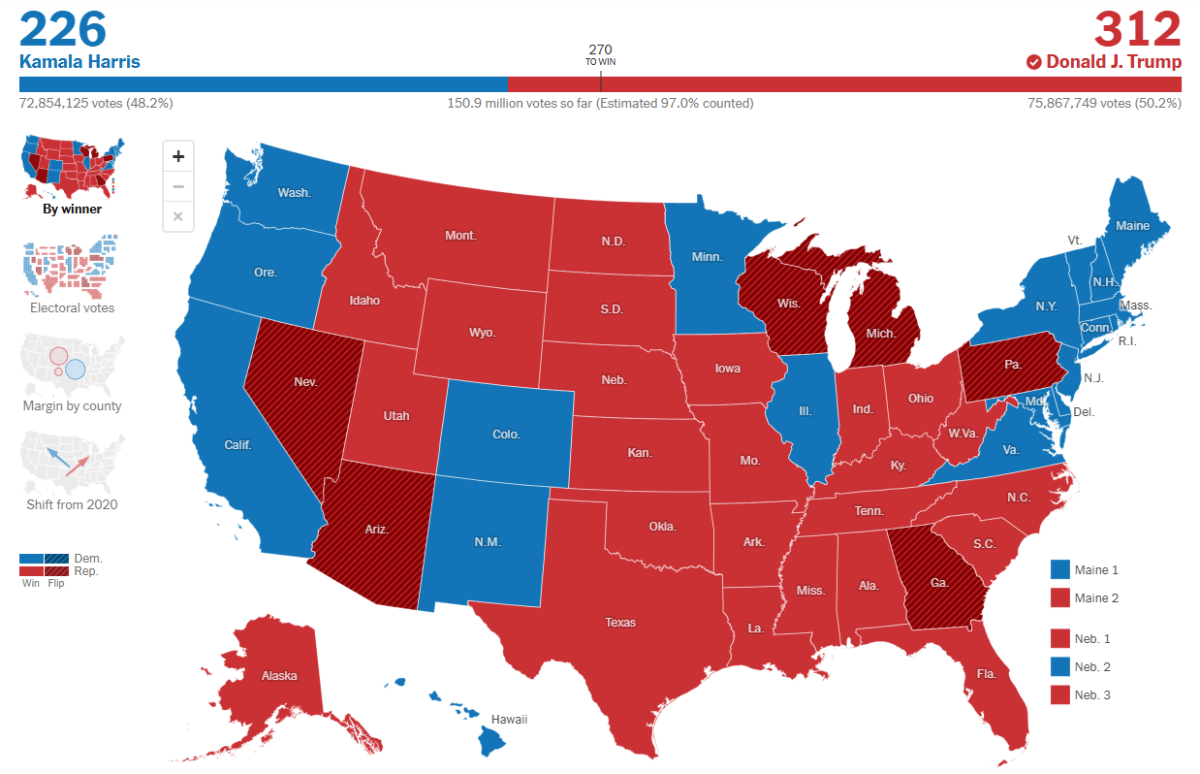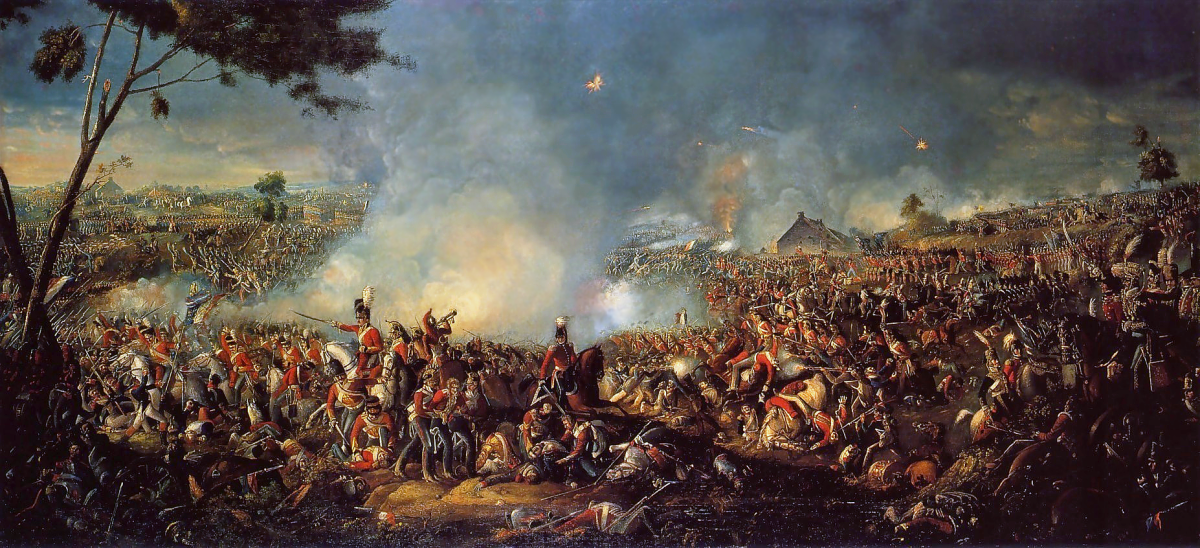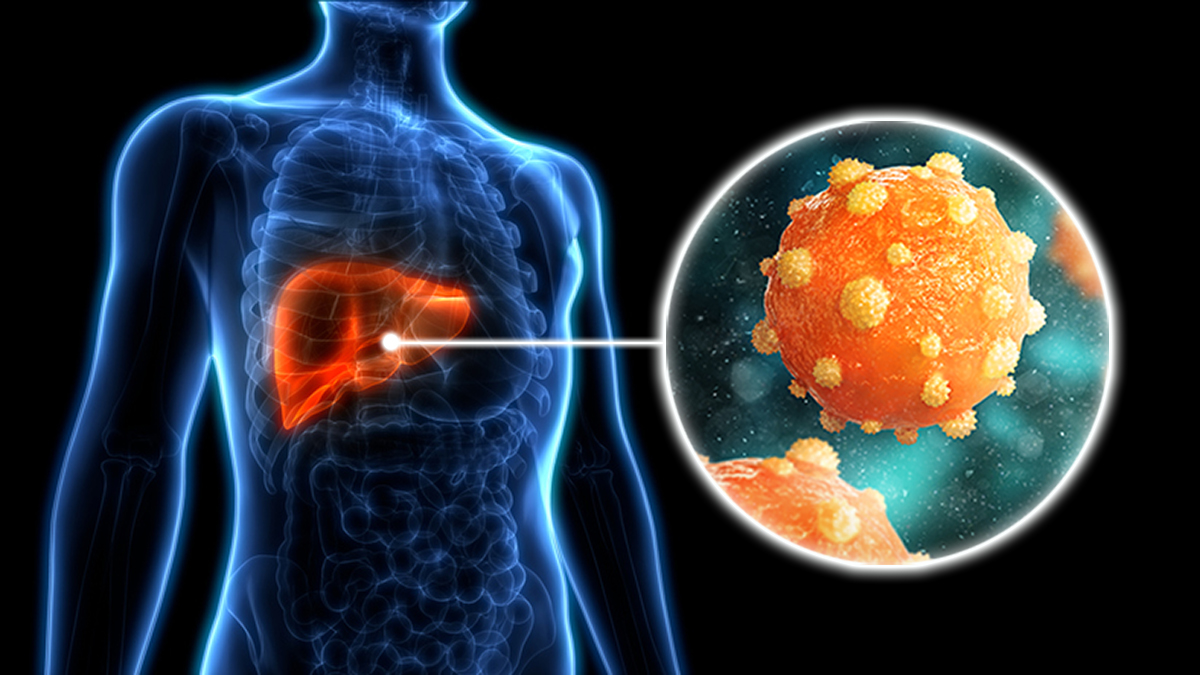The U.S. presidential race has been called for Donald Trump, who is on track to win the popular vote. He is the first Republican since George W. Bush in 2004 to win both the popular vote and the Electoral College. Reactions across the country are mixed: some are excited, while others are disappointed. Ultimately, this is how democracy functions. In the Senate, Republicans have secured a majority, but control of the House of Representatives has yet to be determined.
Kamala Harris conceded on November 6 at Howard University. In her speech, she emphasized the importance of a peaceful transfer of power, noting that she had called Trump to congratulate him. She urged Americans to accept the results and expressed empathy for those feeling disheartened, encouraging them to keep going through life and working hard.
Polling missed the mark in this election, though to a lesser extent than in previous years. The polls still underestimated Trump, with pollsters struggling to account for Trump voters. For example, The New York Times’ final polling average had Harris leading by less than a point in Michigan, which is in the margin of error, yet Trump ultimately won by about 1.4 percent. While the Senate has gone to Republicans, the House remains undecided, though Republicans currently hold the lead. Should Republicans secure both chambers, they would have significant control to implement their agenda. Trump may also have opportunities to appoint more Supreme Court justices if current justices retire during his term, which would leave a lasting impact.
In a post on X (formerly Twitter), Vermont U.S. Senator Bernie Sanders criticized the Democratic Party, stating, “It should come as no great surprise that a Democratic Party which has abandoned working-class people would find that the working class has abandoned them.” Sanders added, “While the Democratic leadership defends the status quo, the American people are angry and want change. And they are right.” During his campaign, Trump targeted union and working-class voters, winning endorsements from some unions.
Exit polls conducted by NBC after the election shed light on voter sentiment. Notably, 70 percent of respondents expressed concern about potential violence following the election results, though so far, incidents have been minimal, and many hope it remains that way. Another striking poll showed that 60 percent disapprove of the Supreme Court. Despite this, Trump is projected to win the popular vote after appointing several Supreme Court justices, suggesting that voters did not heavily associate him with the Court’s decisions. Additionally, most voters decided on their choice before September, indicating that pollsters may have missed these committed voters.
In the end, if your candidate lost, remember that this is democracy in action, and this time, it chose Donald Trump. It is hoped that both sides will remain civil and accept the outcome. For Harris supporters, the 2026 midterms are on the horizon, providing another opportunity to influence the House and Senate. Democracy has played its role, and we’ll see where it takes us from here.



















